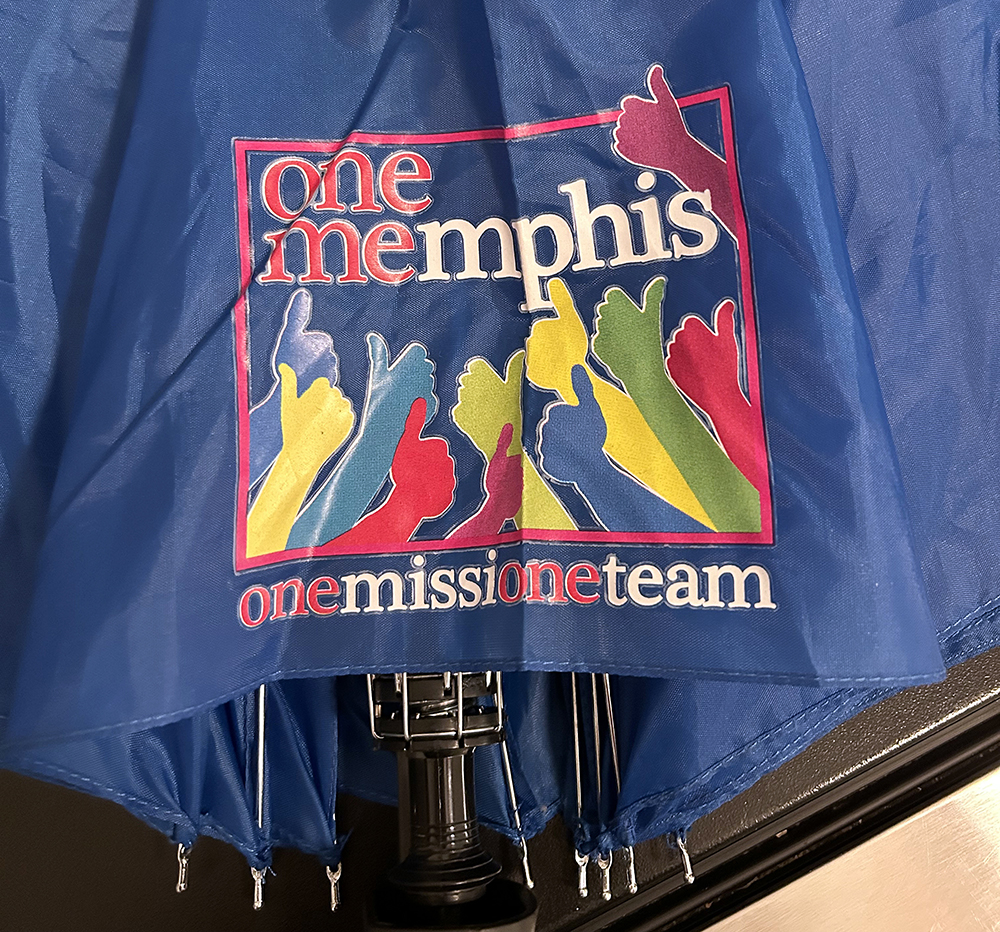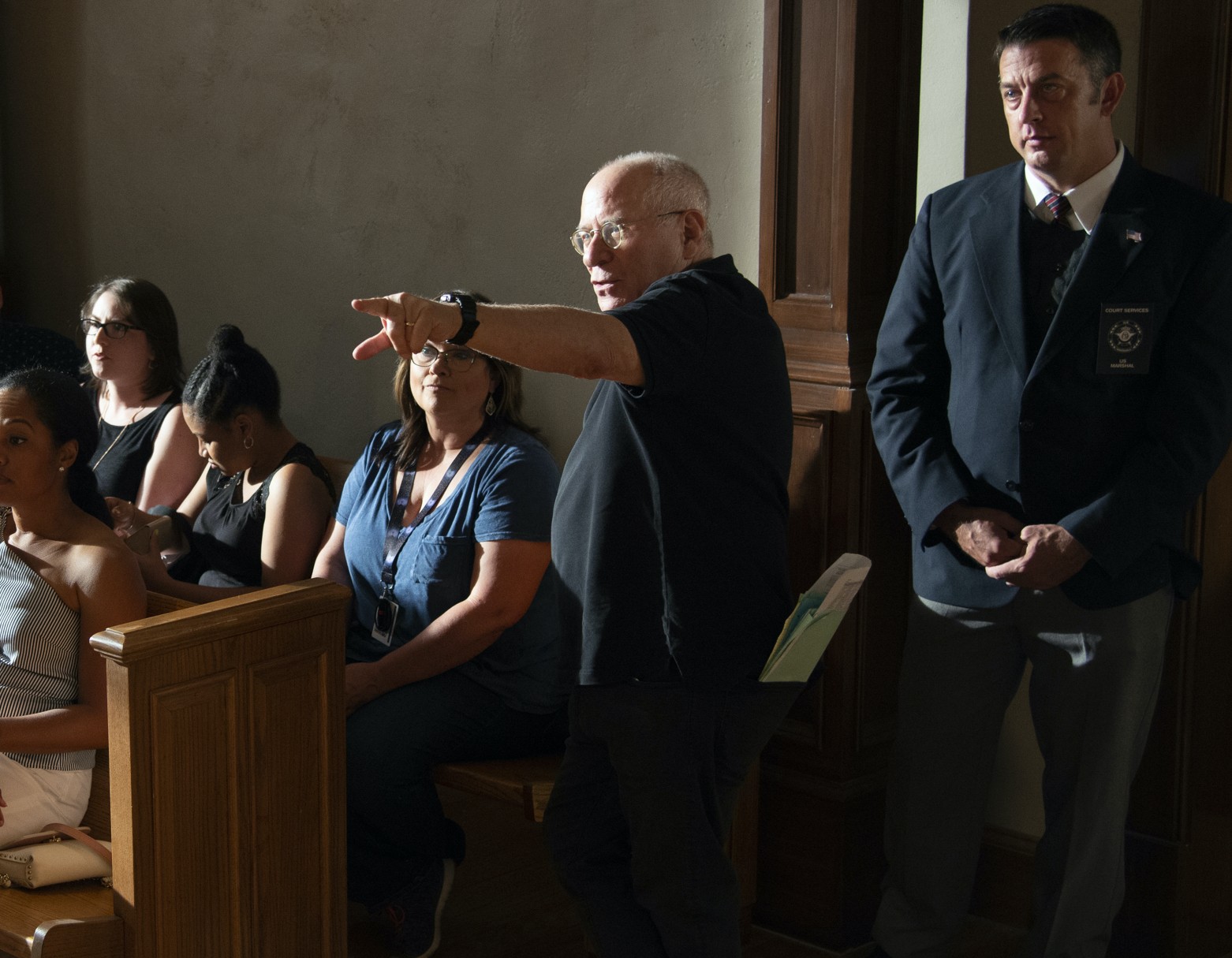Talk about déjà vu!
When Memphis Mayor Paul Young — still, some 50-odd days into his new administration, working on organizational matters — brought forth his latest innovation, involving the slogan “One Memphis” to denote a series of community meetings to come, echoes were generated in the minds and memories of numerous Memphians.
After all, it was only 15 years ago that A C Wharton used the identical phrase “One Memphis” as a campaign slogan in the 2009 special election that first landed Wharton in the mayor’s office to succeed the retiring Willie Herenton.
“There is absolutely nothing we cannot overcome if we work toward that goal as One Memphis,” Wharton would intone in his speeches, reinforcing the idea in an ad campaign that would sign off with the initials “A C” (familiar to his audiences then and later as the preferred shorthand for his uniquely accessible persona), followed by the words “One Memphis.”
It was Wharton’s way of distinguishing himself from the more volatile and divisive 16-year tenure of his predecessor.
No doubt Paul Young means something similarly comforting, coupling the two-word slogan with the phrase “Empowering Voices/Building Bridges” in a published logo announcing his forthcoming “One Memphis Tour,” which was to have its inaugural session at Whitehaven High School this week.
Another new venture by Young was embodied in his recent announcement of his intent to appoint someone to a newly created office, that of public safety director, which would have hierarchical dibs over that of police chief.
Overall, the idea was greeted with a positive public reaction, particularly in those circles where there is a desire to locate the duties of law enforcement within a larger, more holistic context of social reform.
That would seem to be Young’s purpose, though this is one of those cases where the devil (the angel, rather?) will be in the details.
Young, who has experienced some difficulty in getting off the mark, might have fared even better, reception-wise, had he been able to make the announcement of the new office in January, when his cabinet was first being assembled, and better still if he could have had the appointment in hand of some credibly credentialed appointee.
That might well have obviated the awkwardness and still unresolved discord which arose from his reappointment of C.J. Davis as police chief (as of now an interim position). Her continuation in office as a clear subordinate would have raised fewer hackles, if any at all, with the city council and with the general public.
Better late than never, even if the sequence seems a bit backwards.
• Gale Jones Carson, a longtime presence in the community as spokesperson for MLGW, was named last week as interim CEO of the local chapter of Urban League.
Carson’s successor as MLGW’S vice president of corporate communications, Ursula Madden Lund, meanwhile is having to wait for a reluctant city council to approve her $200,000 salary. The matter is up for discussion again next week.
• A proposed measure to provide lifetime healthcare benefits to veterans of at least two city council terms took an abrupt nosedive last week, being rejected on third reading virtually unanimously by the new city council after the previous council had approved it without a dissenting vote.

 courtesy NBC Universal
courtesy NBC Universal  JB
JB